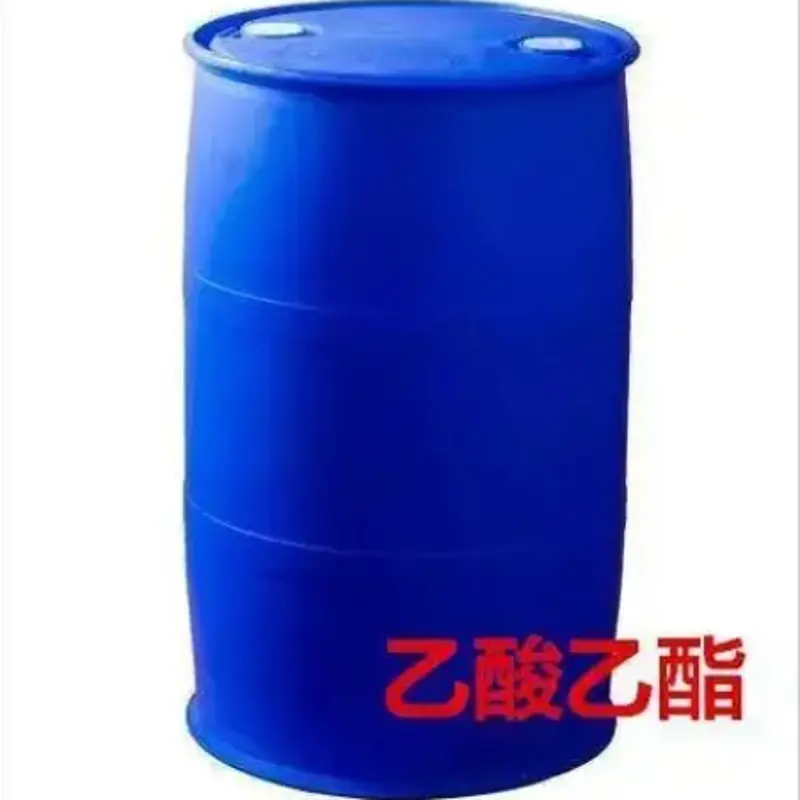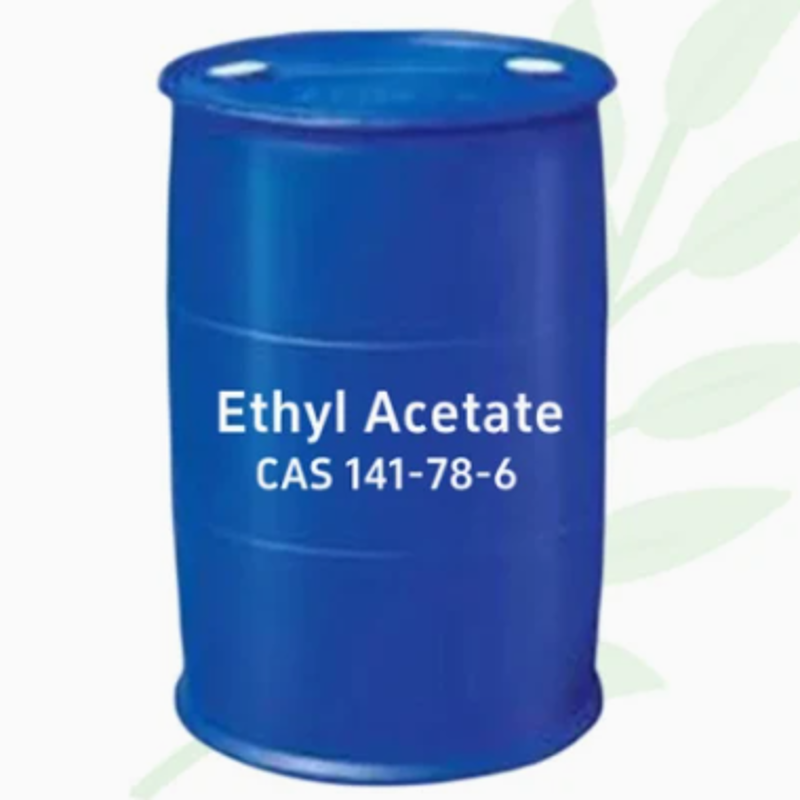-
Categories
-
Pharmaceutical Intermediates
-
Active Pharmaceutical Ingredients
-
Food Additives
- Industrial Coatings
- Agrochemicals
- Dyes and Pigments
- Surfactant
- Flavors and Fragrances
- Chemical Reagents
- Catalyst and Auxiliary
- Natural Products
- Inorganic Chemistry
-
Organic Chemistry
-
Biochemical Engineering
- Analytical Chemistry
-
Cosmetic Ingredient
- Water Treatment Chemical
-
Pharmaceutical Intermediates
Promotion
ECHEMI Mall
Wholesale
Weekly Price
Exhibition
News
-
Trade Service
Maytansinol (7) is a natural product that has been isolated from various species of Maytenus, a tropical tree found in South America.
It has been widely studied for its potential medicinal properties, including its ability to inhibit breast cancer cell growth and induce apoptosis, or programmed cell death.
The upstream products of maytansinol (7) are the raw materials and intermediates used in its production.
The most common starting material for the synthesis of maytansinol (7) is the natural product maytenine, which is derived from Maytenus plants.
Other upstream products include the various reagents and solvents used in the synthesis, such as acetic anhydride, benzene, and toluene.
The downstream products of maytansinol (7) are the finished products that are derived from it and have a variety of applications.
One of the most common downstream products is the anticancer drug Cathartin, which is derived from maytansinol (7) and has been shown to have activity against a variety of cancer cell lines, including breast, ovarian, and lung cancer.
Other downstream products include other anti-cancer agents, as well as other medicines and pharmaceuticals, such as painkillers and anti-inflammatory drugs.
Maytansinol (7) is also used as an intermediate in the production of other chemicals, such as the anti-malarial drug Chloroquine, and the anti-fungal drug Griseofulvin.
The use of maytansinol (7) as an intermediate in these processes is based on its ability to undergo chemical reactions that are difficult or impossible for other compounds to perform.
In the chemical industry, maytansinol (7) is used as a building block for the synthesis of a wide variety of compounds.
Its unique chemical properties, such as its ability to undergo reactions that other compounds cannot, make it an important tool in the development of new drugs and other chemicals.
The use of maytansinol (7) as an intermediate in the production of these chemicals is expected to increase in the future, as the demand for new drugs and other chemicals continues to grow.
In conclusion, maytansinol (7) is a versatile compound with a wide range of applications in the chemical industry.
Its use as an intermediate in the production of drugs and other chemicals, as well as its potential as an anti-cancer agent, makes it an important compound in the ongoing fight against cancer and other diseases.
The upstream and downstream products of maytansinol (7) will continue to play a critical role in the development of new drugs and other chemicals in the future.
As the demand for new drugs and other chemicals continues to grow, the use of maytansinol (7) and other natural products as starting materials for the production of these compounds is expected to increase.






